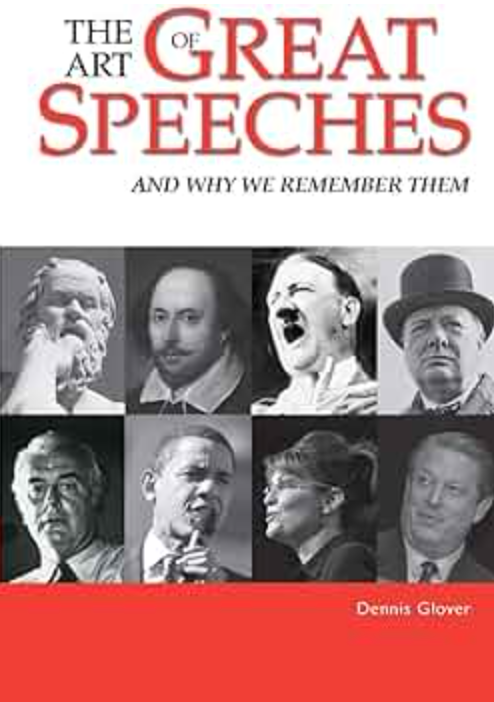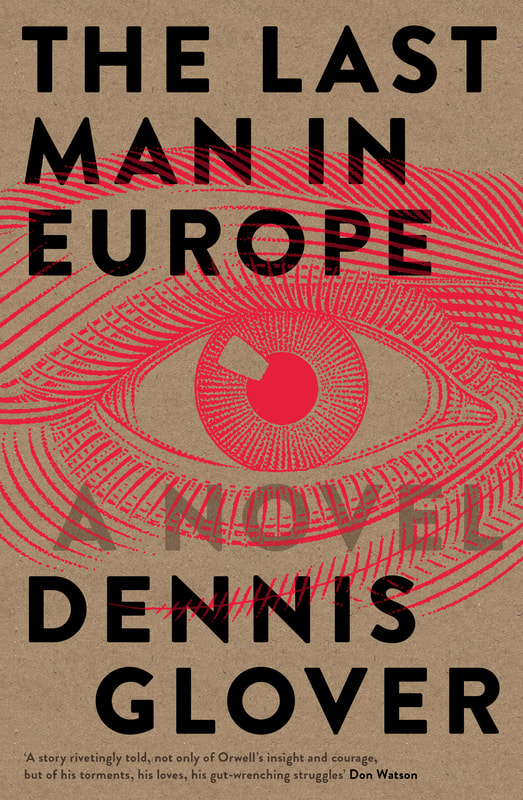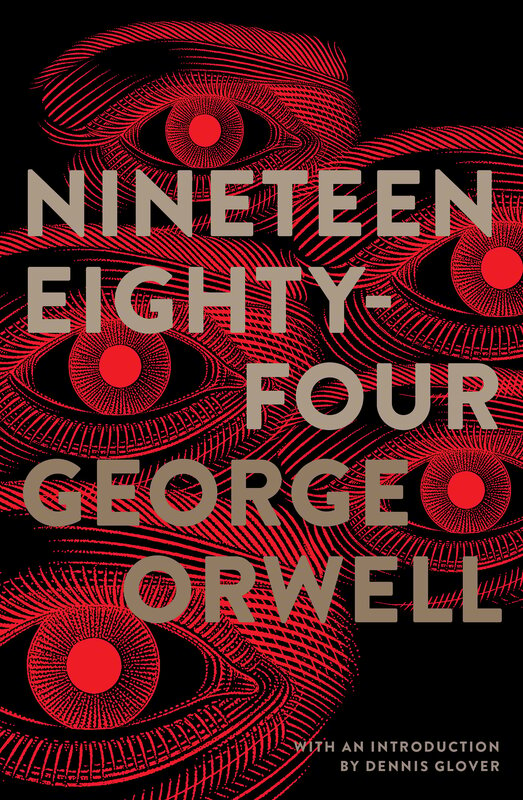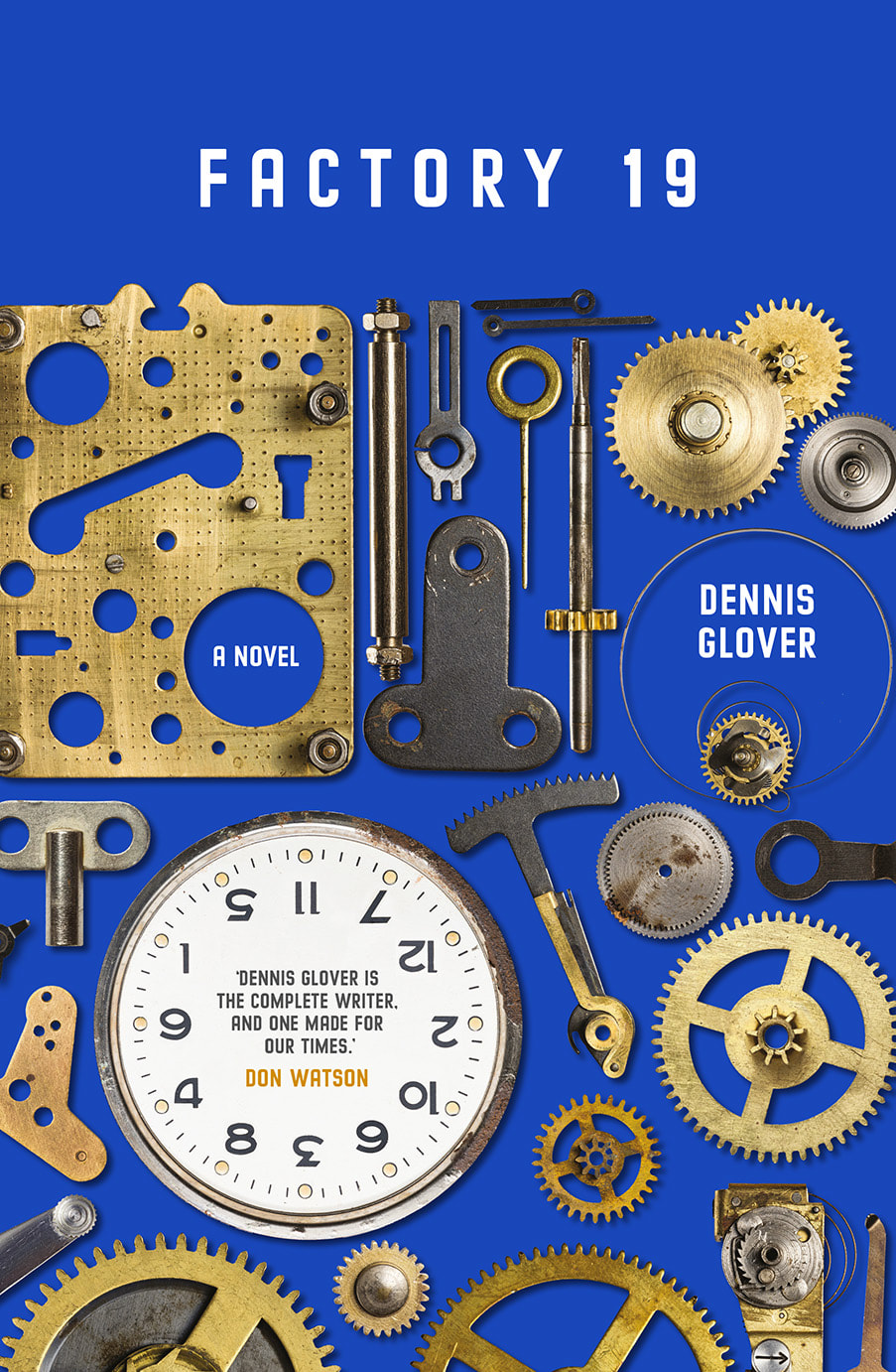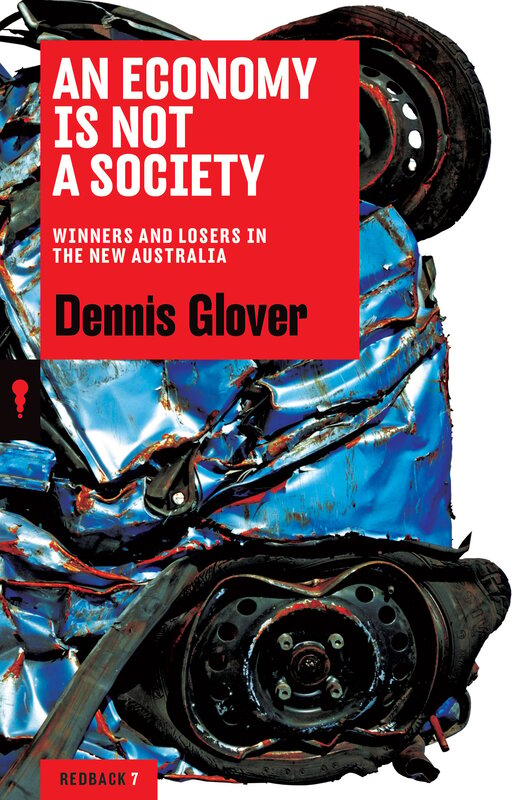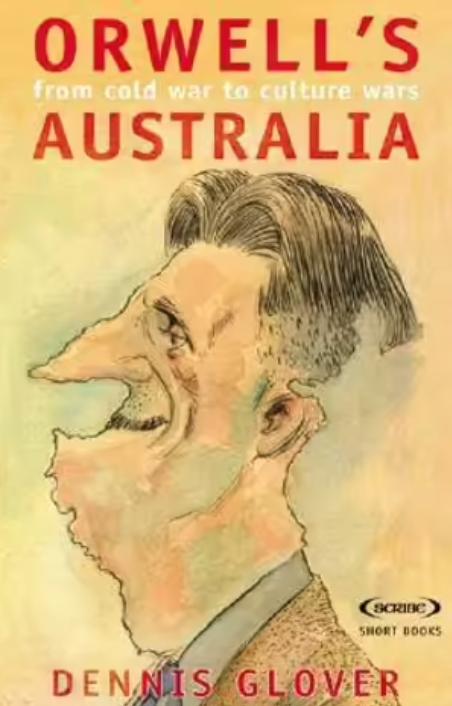ThawSome secrets won't stay buried.
Scott's lost expedition was still here, she thought – frozen, preserved, waiting to be rescued from the thaw. The truth lay beneath the surface, and she was going to bring it up. In 1912, five British explorers struggle across the Antarctic landscape, through howling winds and plummeting temperatures, seeking the safety of their camp. Today, as the world's ice sheets begin to melt and surrender their secrets, renowned glacial archaeologist Missy Simpson works to discover the true cause of the explorers' deaths – a subject that has intrigued researchers for more than a century. Her colleague, Cambridge professor Jim Hunter, is working on his own scientific mysteries – and is willing to risk everything to solve them. In hallowed halls of learning and on the icy polar plateau, these risk-takers must grapple with the unfathomable power of the natural world and the dramatically changing weather – while navigating their own complicated relationships. Drawn from the pages of history and cutting-edge science, Thaw is a gripping read that will forever change how you see the frozen continent – and those who seek to conquer it. To purchase Thaw, click here. |
The art of great speeches
|
The Last man in EuropeClick here to purchase now
Dennis Glover's debut novel tells the story of the creation of George Orwell's masterpiece Nineteen Eighty-Four - originally titled 'The Last Man in Europe'. The story traces the book's origins in Orwell's childhood, its conception after the catastrophe of the Spanish Civil War, and Orwell's heroic struggle to complete it in the face of war, personal tragedy, illness, postwar austerity and totalitarian threats. For more information, click here. Nineteen Eighty-Four by George Orwell
|
An Economy is Not a Society
|

